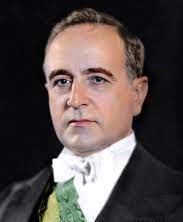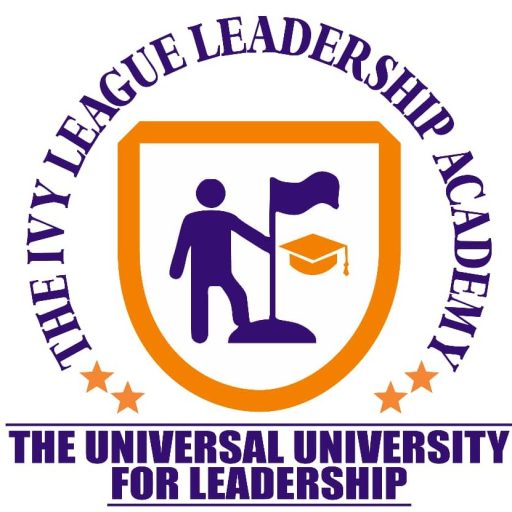WORLD LEADERS OF ALL TIMES!!!
SOUTH AMERICA

LATIN AMERICA – ARGENTINA: JOSE DE SAN MARTIN
Jose de San Martin was a remarkable leader who played a pivotal role in Latin America's struggle for independence from Spanish colonial rule. His exceptional leadership qualities and strategic achievements transformed the continent's history.
LEADERSHIP QUALITIES
.
STRATEGIC ACHIEVEMENTS
.
KEY STRENGTHS
.

BRAZIL: PRESIDENT GETÚLIO VARGAS
Getúlio Vargas was a transformative leader who shaped Brazil's history as the country's 14th and 17th president, serving from 1930 to 1945 and again from 1951 until his death in 1954. His leadership qualities and strategic achievements had a lasting impact on Brazil.
LEADERSHIP QUALITIES
.
STRATEGIC ACHIEVEMENTS
.
KEY ACCOMPLISHMENTS
.
BRAZIL: PRESIDENT GETÚLIO VARGAS
Simón Bolívar (1783-1830) was a visionary leader who played a pivotal role in Latin America's struggle for independence from Spanish colonial rule. His exceptional leadership qualities and strategic achievements shaped the continent's history.
LEADERSHIP QUALITIES
.
STRATEGIC ACHIEVEMENTS
.
KEY STRENGTHS
.
CHALLENGES AND CRITICISMS
.
LEGACY:
- Inspired the Latin American independence movement.
- Shaped regional politics, fostering unity and cooperation.
- Symbol of freedom and self-determination.
Overall, Simón Bolívar's leadership qualities and strategic achievements transformed Latin America's history. His vision, charisma, and courage continue to inspire generations.
